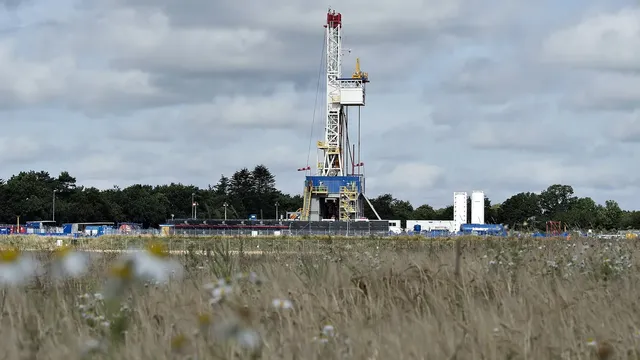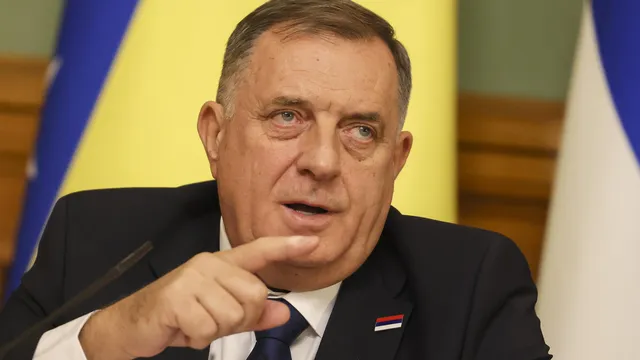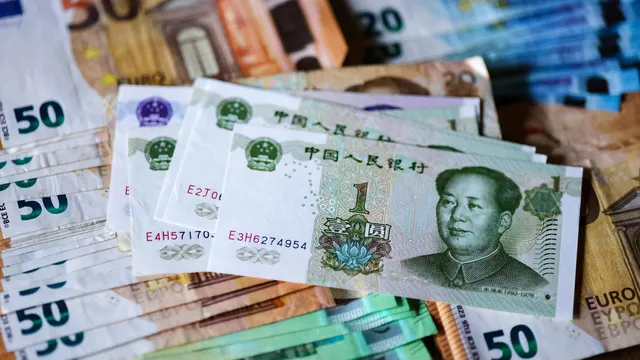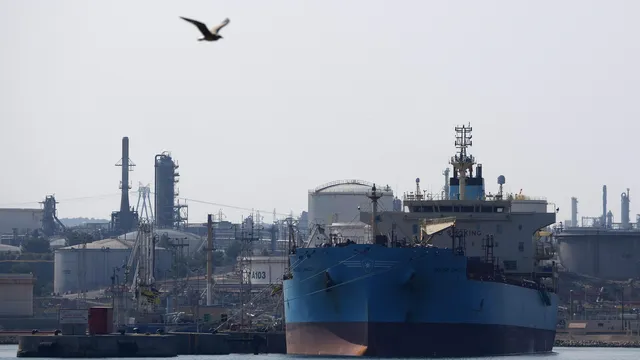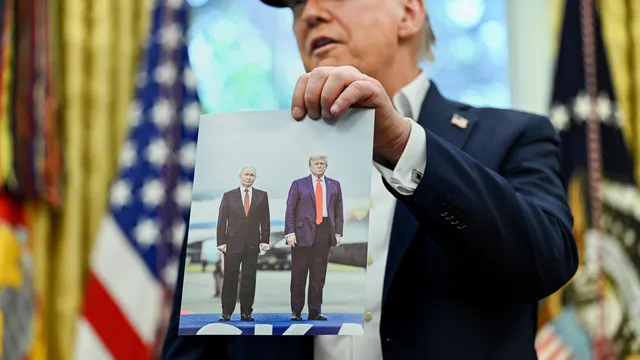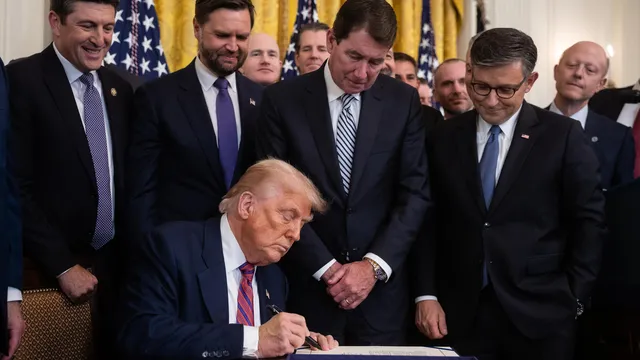The EU narrowly avoided a full-scale trade war with Donald Trump by committing to purchase $750 billion worth of US oil and gas by the end of his term.
However, achieving this goal will be nearly impossible.
So far, Brussels has provided few details on how the purchases will be made. Nevertheless, limited supplies from the US, technical obstacles, and the EU's weak powers over import deals mean that achieving the target will be extremely difficult, regardless of the specific conditions.
The main figure is "completely unrealistic. The numbers are simply beyond the bounds of reason," said gas expert Laura Page, senior analyst at commodities firm Kpler.
The EU has been increasingly purchasing liquefied natural gas (LNG) from the US since the disruption of supplies linked to Moscow's large-scale invasion of Ukraine in 2022. Meanwhile, Trump has long touted increased energy sales as a key demand for reducing trade tensions with the bloc.
"Purchasing American energy products will diversify our sources of supply and contribute to Europe's energy security," European Commission President Ursula von der Leyen said on July 27. She noted that this move would also help the EU in its ongoing efforts to "replace Russian gas and oil with significant purchases of US liquefied natural gas, oil, and nuclear fuels."
"We are ready to proceed with these purchases. We believe these figures are achievable," EU Trade Commissioner Maros Sefcovic said on July 28.
The problem is that not everyone is convinced that the figures are accurate.
Last year, the EU spent €375 billion on energy imports, including €76 billion from the US, Page said. This means that the bloc will have to triple its US imports over the next three years, while avoiding other suppliers such as Norway, which provides cheaper gas via pipelines.
Excluding Russian energy from the equation would not make much difference either: last year, the bloc spent only €23 billion on oil, gas, and nuclear energy imports from Moscow.
At the same time, the US sent only $166 billion worth of oil and gas abroad last year, Page explained, meaning it would have to redirect all of its exports to the EU—and then some. That "is just never going to happen," she said, especially given that US liquefied natural gas exports are not tied to a single destination and usually go to the highest bidder globally.
This is not the only technical difficulty. The EU currently buys 12% of its oil and fuels from the US, according to Homayoun Falakshahi, head of crude oil analysis at Kpler. That figure could be increased to a ceiling of 14%, given that refineries in the EU can only process a limited share of the specific US oil blend. "It's really a fantasy," he said.
A senior Commission official also said the deal would depend on specific "circumstances," such as sufficient liquefied natural gas infrastructure in Europe and "transport capacity on the US side."
But the figures are not "pulled out of thin air. This is based on an analysis of our needs," insisted the official, who was granted anonymity to speak freely about the deal.
Another challenge is how Brussels will facilitate these purchases, given that it does not play any role in the purchase of cargoes itself.
The Commission official pointed out that the goal "is not something that the EU as a public body can guarantee," but rather "something that is based on the intentions of private companies."
And so far, companies see no economic justification for this.
"The EU is not a company," said one gas specialist at a well-known energy trading house. "Will they force EU companies to buy gas and oil from the US? If there is a commercial rationale behind [this], companies will do it — otherwise [this] is obviously just hot air," he explained.
It remains unclear why the EC is committing to such high figures, knowing what the challenges are, said Anne-Sophie Corbo, senior researcher and gas expert at the Center for Global Energy Policy.
As things stand, it appears that "the EU was willing to agree to any figure to avoid 30%," she said, referring to Trump's threat of much higher tariffs. | BGNES
-----
Analysis by Antonia Zimmerman for Politico

 Breaking news
Breaking news
 Europe
Europe
 Bulgaria
Bulgaria
